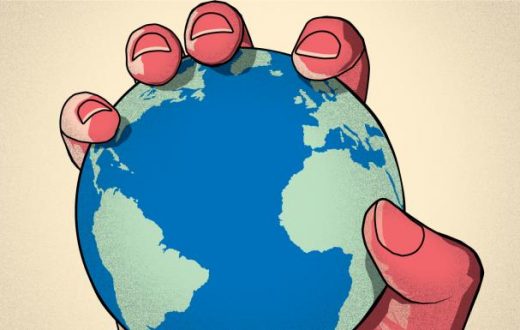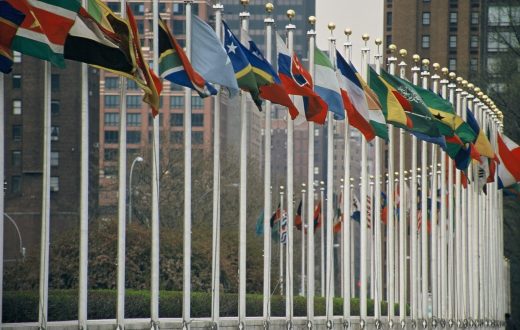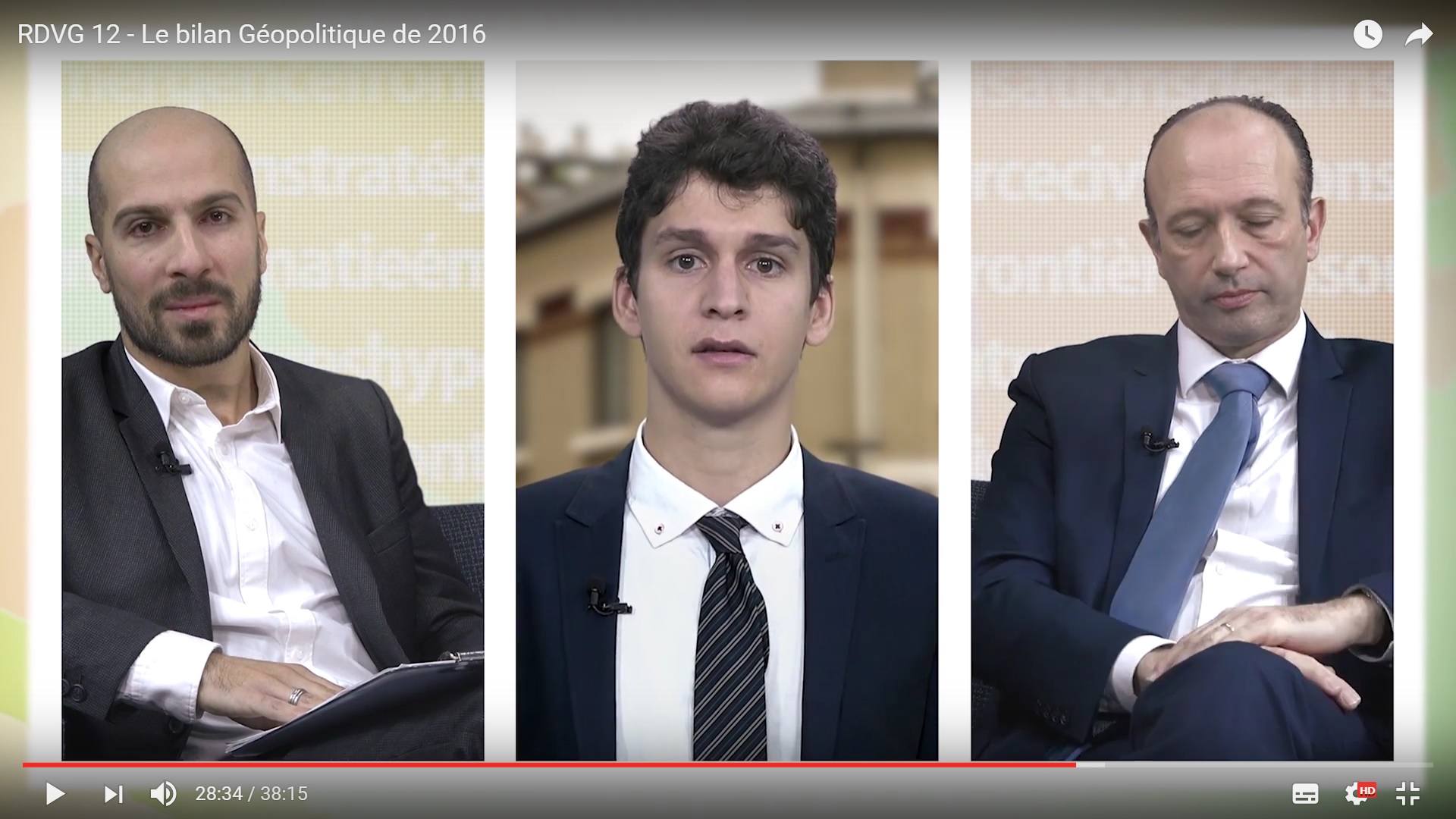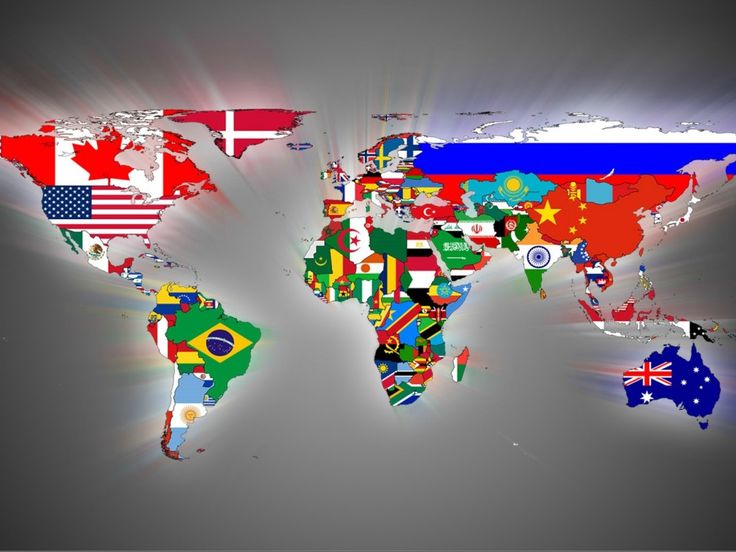nder a global spotlight the World Health Organisation has not had its finest hour. The conditions for success were ripe: a health crisis that reached into every corner of the world and an unprecedented sense of uncertainty. Last month, a report commissioned by an independent panel investigated the WHO preparedness and response to Covid-19. Its findings were damaging. Once the dust settles in Geneva, we may indeed ask – how, when faced with a crisis that appealed to its very raison d’être, did the WHO flounder in its moment in the sun?
The World Health Organisation is a branch of the United Nations, with a clear mantra to “direct international health” and “lead in global health responses”. Like most international bodies, the WHO is cripplingly overburdened with a 7000-strong bureaucracy from over 150 countries. An alarming dependence of voluntary funding, thin initiatives and an unnecessarily complex structure, it is hard to disagree that “it is a body that is ripe for root-and-branch reform”. It has been criticised for a delay in declaring a pandemic, a word that it only uttered after 11 March 2020. The WHO had become saturated with meetings and paperwork before this time; meanwhile, the writing was already on the wall for national parliaments on every continent.
In a time before Covid (if at all imaginable) the WHO was not itself immune from criticism. I have never considered these criticisms to be aimed at the medical professionals who inform the organisation, rather it is the question of necessity and functionality that draws attention. By analysing the WHO’s funding, it is perhaps clear to see from where at least some of the problems have arisen. From data published on its website, last year 20 states collectively owed the World Health Organisation $440 million. By April last year, the United States owed $196 million and China’s outstanding bill stood at $57 million. While the incoming Biden administration in the US has reversed the intended July 2021 withdrawal announced by Donald Trump, the funding crisis in the WHO will not abate from this news alone. Over time the WHO has relied increasingly on private donations as opposed to membership dues. This is a risky model that has created an operational culture of short-termism, wrestling with uncertainty, temporary staff and very little control of what it wants to do. For example, in the last quarter of 2020 only three of the ten biggest financial contributors to the WHO were countries (UK, USA and Germany). Instead, it was a mixture of Bill Gates’ incredibly lucrative charity, vaccination organisations and – somewhat ironically – the European Commission (read more here). Notwithstanding the anticipated donor increase as part of the Covid fallout, there is a major issue here. Indeed, as a member Global Health Centre at Geneva’s Graduate Institute made clear that weak donation framework leads to a weaker organisation in the end.
The WHO has also vowed to establish to origins of SARS-CoV-2 by travelling to Wuhan, China where the virus is suspected to have emerged. Talking to the Guardian last month, Dr Dale Fisher of the Global Outbreak Alert and Response Network, confessed how little hope he had of the WHO finding any substantial. In the face of aggressive totalitarianism and the wild alternative theories coming from Beijing as the WHO team landed, should its paying members have ever expected anything profound? With very few teeth, it is difficult to envisage the WHO squadron confronting Wuhan’s state officials with the determination and curiosity that is so abundant everywhere else over this issue. Moreover, with the large payment deficit between the WHO and China, questions over the aims of the trip are dubious.
One thing that underscores the Covid-19 pandemic is the shift away from intergovernmental practice, a practice that has been building momentum since the end of the Second World War. In Europe, the institutional framework of EU evaporated when the virus took hold of its major economies, only emerging to try its hand at vaccine procurement where it has, to be polite, fallen way short of expectation. The EU, much like the WHO, has struggled to take charge. In the absence of transnational leadership, national governments have naturally assumed charge of their own destinies and safeties. This produces two questions that, until the demons of Covid are truly destroyed, are insurmountable – but they will become front and centre through this decade. First, the by-product of the breakdown of international organisation is an existential crisis for those advocates of global cooperation. Concerted efforts have, quite rightly, cited the ‘global issues need global solutions’ tagline for decades. This problem remains a very real threat to NATO, especially from Washington, which I have argued misses the central premise of such blocs. Second, how can the WHO recover from a damning judgement? This is evident in the aforementioned report (which you can read here) as well as in the actions of national leaders everywhere making ad hoc decisions and devising isolated strategies.
A world health crisis and a world health organisation should have been an institutional recipe for success. As the success in tackling Ebola on the African continent proved, the WHO is not completely ineffectual at delivering results. Calls for reform have steadily increased in number and volume, and by the time Covid entered the picture, the WHO was demonstrably ill-equipped for its precise function. The recent report kicked the organisation while it was down, stating that the WHO is “underpowered to do the job expected of it” as part of a wider indictment on how unfit the global mechanism for virus control really is. From Covid, the WHO can be the change we need in global virus response. With wide-reaching reforms and a radical transformation of each rung on its ladders, a future as a key global player might just be on the cards. But with its shaky funding model and plenty of shaking heads just now, the WHO must spend the coming months and years fighting an existential – not global – emergency of its own.







